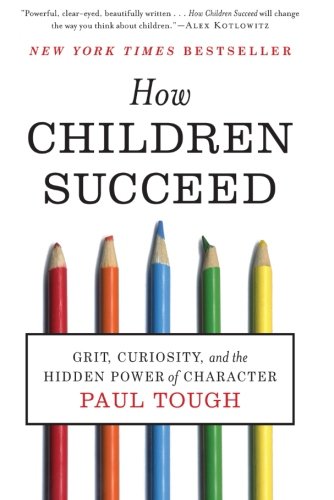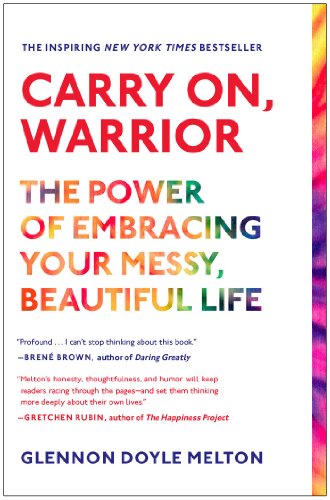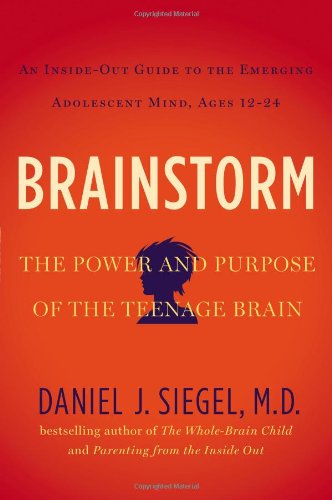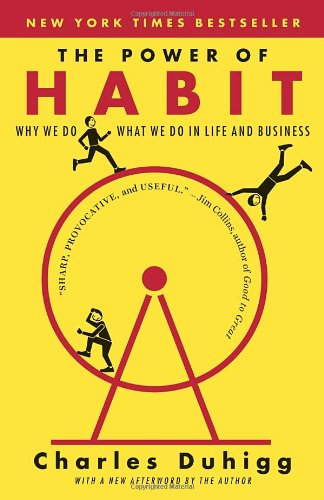
“Drop the flashcards—grit, character, and curiosity matter even more than cognitive skills. A persuasive wake-up call.”—People
Why do some children succeed while others fail? The story we usually tell about childhood and success is the one about intelligence: success comes to those who score highest on tests, from preschool admissions to SATs. But in How Children Succeed, Paul Tough argues that the qualities that matter more have to do with character: skills like perseverance, curiosity, optimism, and self-control.
How Children Succeed introduces us to a new generation of researchers and educators, who, for the first time, are using the tools of science to peel back the mysteries of character. Through their stories—and the stories of the children they are trying to help—Tough reveals how this new knowledge can transform young people’s lives. He uncovers the surprising ways in which parents do—and do not—prepare their children for adulthood. And he provides us with new insights into how to improve the lives of children growing up in poverty. This provocative and profoundly hopeful book will not only inspire and engage readers, it will also change our understanding of childhood itself.
“Illuminates the extremes of American childhood: for rich kids, a safety net drawn so tight it’s a harness; for poor kids, almost nothing to break their fall.”—New York Times
“I learned so much reading this book and I came away full of hope about how we can make life better for all kinds of kids.”—Slate
Q&A with Paul Tough

Q. What made you want to write How Children Succeed?
A. In 2008, I published my first book, Whatever It Takes, about Geoffrey Canada and the Harlem Children’s Zone. I spent five years reporting that book, but when I finished it, I realized I still had a lot of questions about what really happens in childhood. How Children Succeed is an attempt to answer those questions, which for many of us are big and mysterious and central in our lives: Why do certain children succeed while other children fail? Why is it, exactly, that poor children are less likely to succeed, on average, than middle-class children? And most important, what can we all do to steer more kids toward success?
Q. Where did you go to find the answers?
A. My reporting for this book took me all over the country, from a pediatric clinic in a low-income San Francisco neighborhood to a chess tournament in central Ohio to a wealthy private school in New York City. And what I found as I reported was that there is a new and groundbreaking conversation going on, out of the public eye, about childhood and success and failure. It is very different than the traditional education debate. There are economists working on this, neuroscientists, psychologists, medical doctors. They are often working independently from one another. They don’t always coordinate their efforts. But they’re beginning to find some common ground, and together they’re reaching some interesting and important conclusions.
Q. A lot of your reporting for this book was in low-income neighborhoods. Overall, what did you learn about kids growing up in poverty?
A. A lot of what we think we know about the effect of poverty on a child’s development is just plain wrong. It’s certainly indisputable that growing up in poverty is really hard on children. But the conventional wisdom is that the big problem for low-income kids is that they don’t get enough cognitive stimulation early on. In fact, what seems to have more of an effect is the chaotic environments that many low-income kids grow up in and the often stressful relationships they have with the adults around them. That makes a huge difference in how children’s brains develop, and scientists are now able to trace a direct route from those early negative experiences to later problems in school, health, and behavior.
The problem is that science isn’t yet reflected in the way we run our schools and operate our social safety net. And that’s a big part of why so many low-income kids don’t do well in school. We now know better than ever what kind of help they need to succeed in school. But very few schools are equipped to deliver that help.
Q. Many readers were first exposed to your reporting on character through your article in the New York Times Magazine in September 2011, which was titled “What If the Secret to Success Is Failure?” How does failure help us succeed?
A. That’s an idea that I think was best expressed by Dominic Randolph, the head of the Riverdale Country School, an exclusive private school in the Bronx where they’re now doing some interesting experiments with teaching character. Here’s how he put it: “The idea of building grit and building self-control is that you get that through failure. And in most highly academic environments in the United States, no one fails anything.”
That idea resonated with a lot of readers. I don’t think it’s quite true that failure itself helps us succeed. In fact, repeated failures can be quite devastating to a child’s development. What I think is important on the road to success is learning to deal with failure, to manage adversity. That’s a skill that parents can certainly help their children develop–but so can teachers and coaches and mentors and neighbors and lots of other people.
Q. How did writing this book affect you as a parent?
A. My wife and I became parents for the first time just as I started reporting this book, and our son Ellington is now three. Those are crucial years in a child’s development, and I spent a lot of them reading papers on the infant brain and studies on attachment and trauma and stress hormones, trying not to get too overwhelmed.
In the end, though, this research had a surprising effect: it made me more relaxed as a parent. When Ellington was born, I was very much caught up in the idea of childhood as a race–the faster a child develops skills, the better he does on tests, the better he’ll do in life. Having done this reporting, I’m less concerned about my son’s reading and counting ability. Don’t get me wrong, I still want him to know that stuff. But I think he’ll get there in time. What I’m more concerned about is his character–or whatever the right synonym is for character when you’re talking about a three-year-old. I want him to be able to get over disappointments, to calm himself down, to keep working at a puzzle even when it’s frustrating, to be good at sharing, to feel loved and confident and full of a sense of belonging. Most important, I want him to be able to deal with failure.
That’s a difficult thing for parents to give their children, since we have deep in our DNA the urge to shield our kids from every kind of trouble. But what we’re finding out now is that in trying to protect our children, we may actually be harming them. By not giving them the chance to learn to manage adversity, to cope with failure, we produce kids who have real problems when they grow up. Overcoming adversity is what produces character. And character, even more than IQ, is what leads to real and lasting success.










